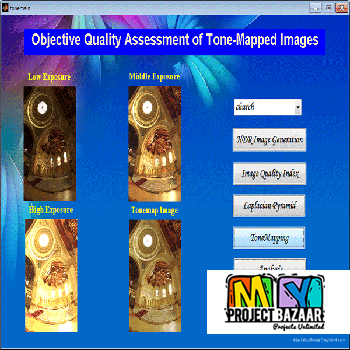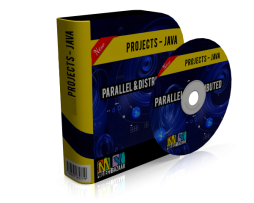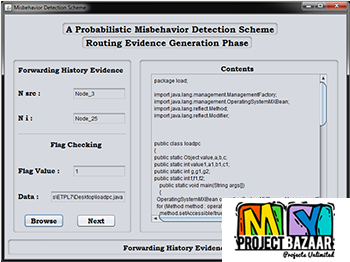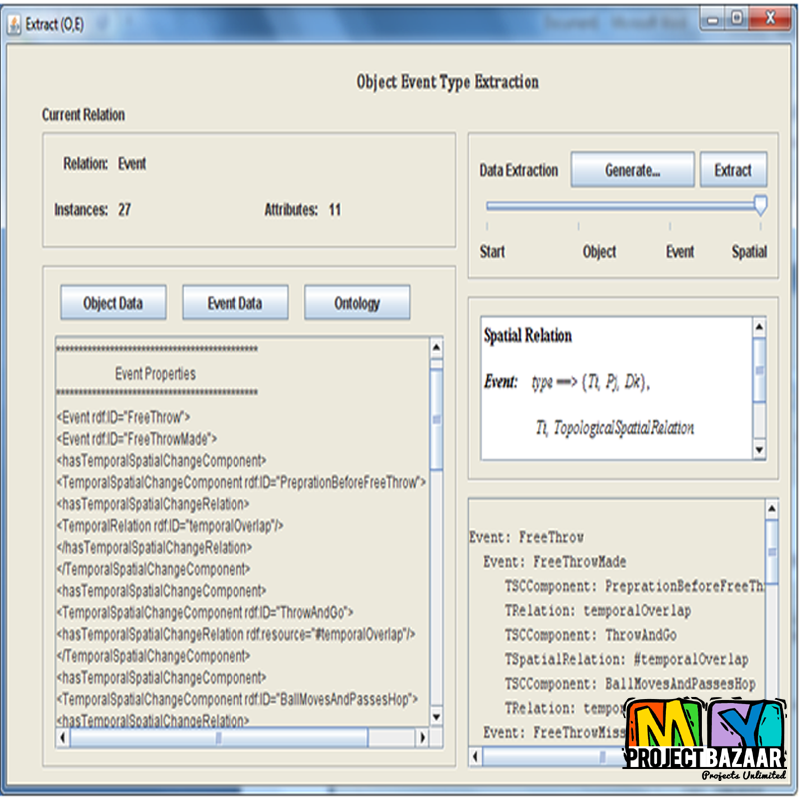
EDAL: An Energy-Efficient, Delay-Aware, and Lifetime-Balancing Data Collection Protocol for Heterogeneous Wireless Sensor Networks
Product Description
Abstract— stems from our insight that recent research efforts on open vehicle routing (OVR) problems, an active area in operations research, are based on similar assumption s and constraints compared to sensor networks. Therefore, it may be feasible that we could adapt these techniques in such a way that they will provide valuable solutions to certain tricky problems in the wireless sensor network (WSN) domain. Our work in this paper stems from our insight that recent research efforts on open vehicle routing (OVR) problems, an active area in operations research, are based on similar assumptions and constraints compared to sensor networks. Therefore, it may be feasible that we could adapt these techniques in such a way that they will provide valuable solutions to certain tricky problems in the wireless sensor network (WSN) domain. To demonstrate that this approach is feasible, we develop one data collection protocol called EDAL, which stands for Energy-efficient Delay-aware Lifetime-balancing data collection. The algorithm design of EDAL leverages one result from OVR to prove that the problem formulation is inherently NP-hard. Therefore, we proposed both a centralized heuristic to reduce its computational overhead and a distributed heuristic to make the algorithm scalable for large-scale network operations. We also develop EDAL to be closely integrated with compressive sensing, an emerging technique that promises considerable reduction in total traffic cost for collecting sensor readings under loose delay bounds. Finally, < Final Year Projects > we systematically evaluate EDAL to compare its performance to related protocols in both simulations and a hardware testbed.
Including Packages
Our Specialization
Support Service
Statistical Report

satisfied customers
3,589
Freelance projects
983
sales on Site
11,021
developers
175+
Additional Information
| Domains | |
|---|---|
| Programming Language |


















